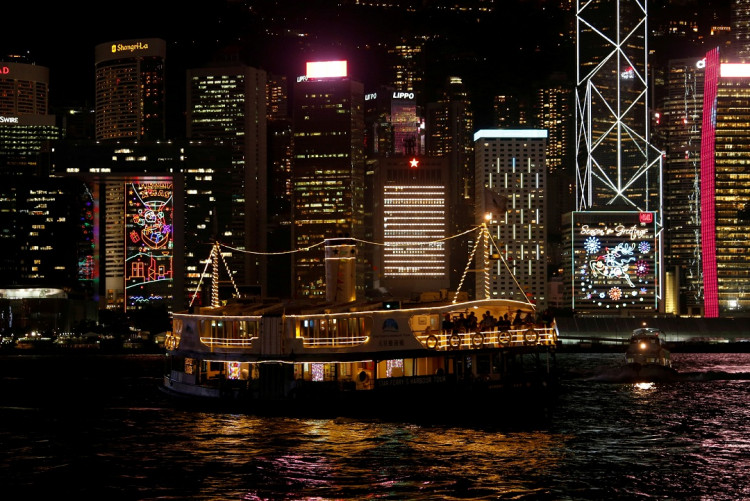As part of the Greater Bay Area, Hong Kong and Shenzhen will become closer than ever thanks to changes announced Wednesday by China's General Secretary Xi Jinping at an event for the 40th anniversary of Shenzhen's founding as a Special Economic Zone.
"We are launching 27 different reform policies and 40 areas that will be given autonomy," China's President Xi said in an hourlong speech. He said China would develop Shenzhen into a self-sustaining technological innovator and strengthen its economic ties with Hong Kong and Macao.
But this is just the latest chapter in the story of Shenzhen's development as an international city. Shenzhen is literally a model city - a fishing hamlet sculpted by policy and social engineering to emerge as the technology hub it is now.
Once a "backward border town," China's leader said Shenzhen had evolved into "an influential international metropolis" largely owing to its designation in 1979 as a Special Economic Zone characterized by a more open economy and fewer barriers for foreign investment.
The city's gross domestic product has been growing at an average annual rate of 21.6% since 1979 to reach nearly $400 billion last year - making it hardly an exaggeration when Xi said "it's taken 40 years to achieve [in Shenzhen] what some people in other countries would take a century to reach."
This was largely made possible by policies enforced by the country's central government which kept Shenzhen separate from the rest of the country. For most of the last 40 years the city was encircled by barbed wire.
Until 2006, visitors from other China regions needed a special permit to enter.
Strengthening The Bay Area
Xi is now looking to integrate Shenzhen's economy into the Greater Bay Area - encompassing Hong Kong, Macao and Zhuhai.
"There is a need to guide Hong Kong and Macao and the foreign diaspora to the investment opportunities in the Greater Bay Area, for them to contribute to development," he said.
At the same time, this will be an opportunity to bring Hong Kong and Macao - both until recently under the control of foreign powers - into the fold of "socialism with Chinese characteristics," Xi said.
"There is a need to attract more Hong Kong and Macao youth to work and live on the mainland," he said - a goal that will likely be tackled through incentive programs and closer cross-border university ties.
The path for Hong Kong youth to work in Shenzhen was paved in 2018, when China's State Council abolished a policy requiring work visas for Taiwan, Hong Kong and Macao nationals.
This will be a tall order given the pro-democratic and pro-separatist views held by many young people in the former British colony who bridle at China's encroachment on local matters.
A growing attraction to the mainland is just what Hong Kong leader Carrie Lam came under fire for earlier this week after she postponed her annual policy address to attend Xi's speech.
This delay was widely seen as proof of excessive China influence over Hong Kong despite Xi's promises of One Country, Two Systems, critics said.
Civic Party chairperson Alan Leong called the move "sudden and completely unanticipated." He said Lam announced the delay only 48 hours before she was due to speak. "I can't think of any reason for that other than [that] Xi Jinping has demanded her to do so," he said.
The chief executive defended her decision and called the decision "a matter of responding to positive indications from the central government."
"Upon invitation, I'm leading a Hong Kong...delegation to participate in the celebration event Oct. 14," Lam said at a news conference this week. Two past city chief executives have joined her.





